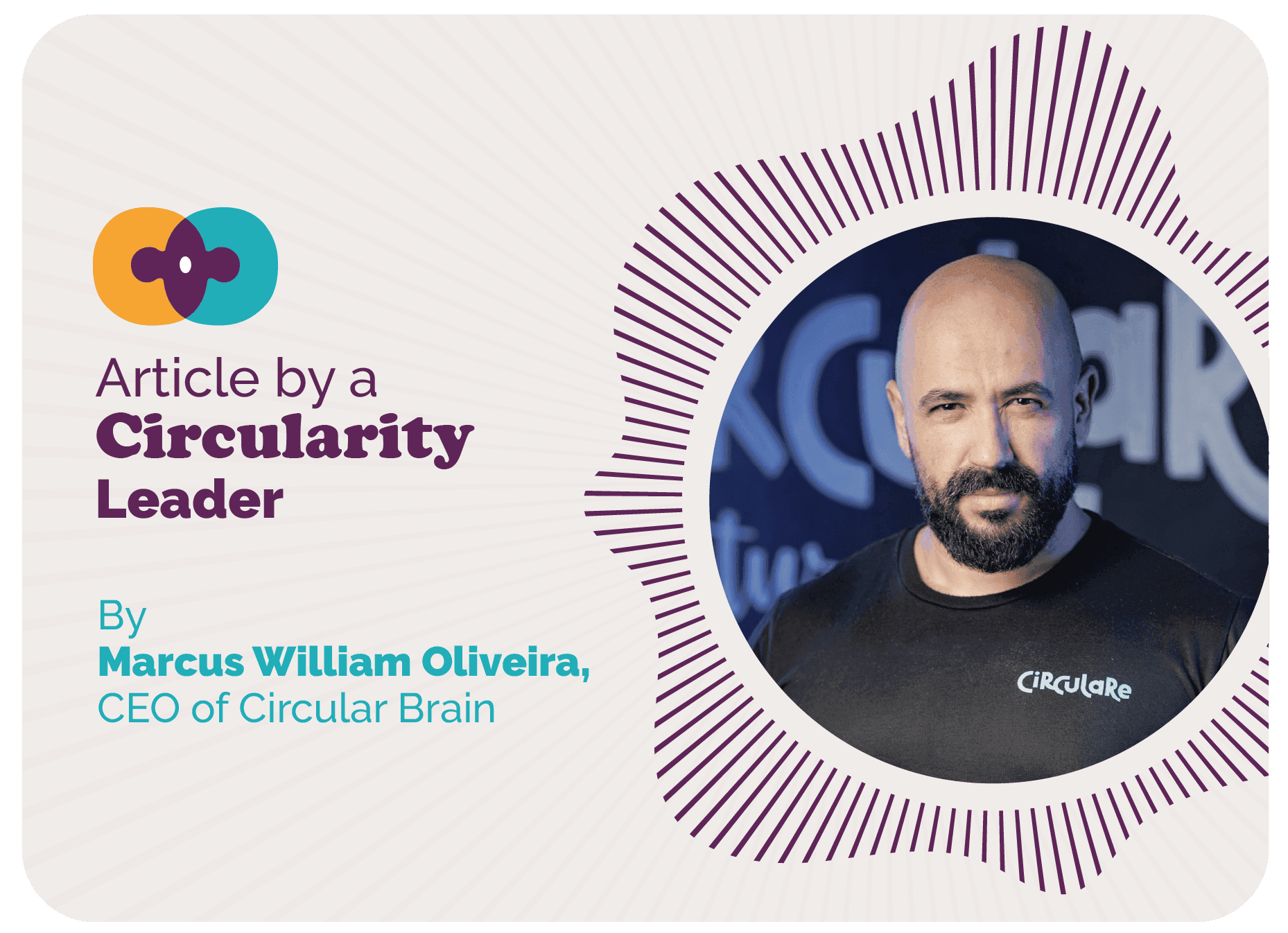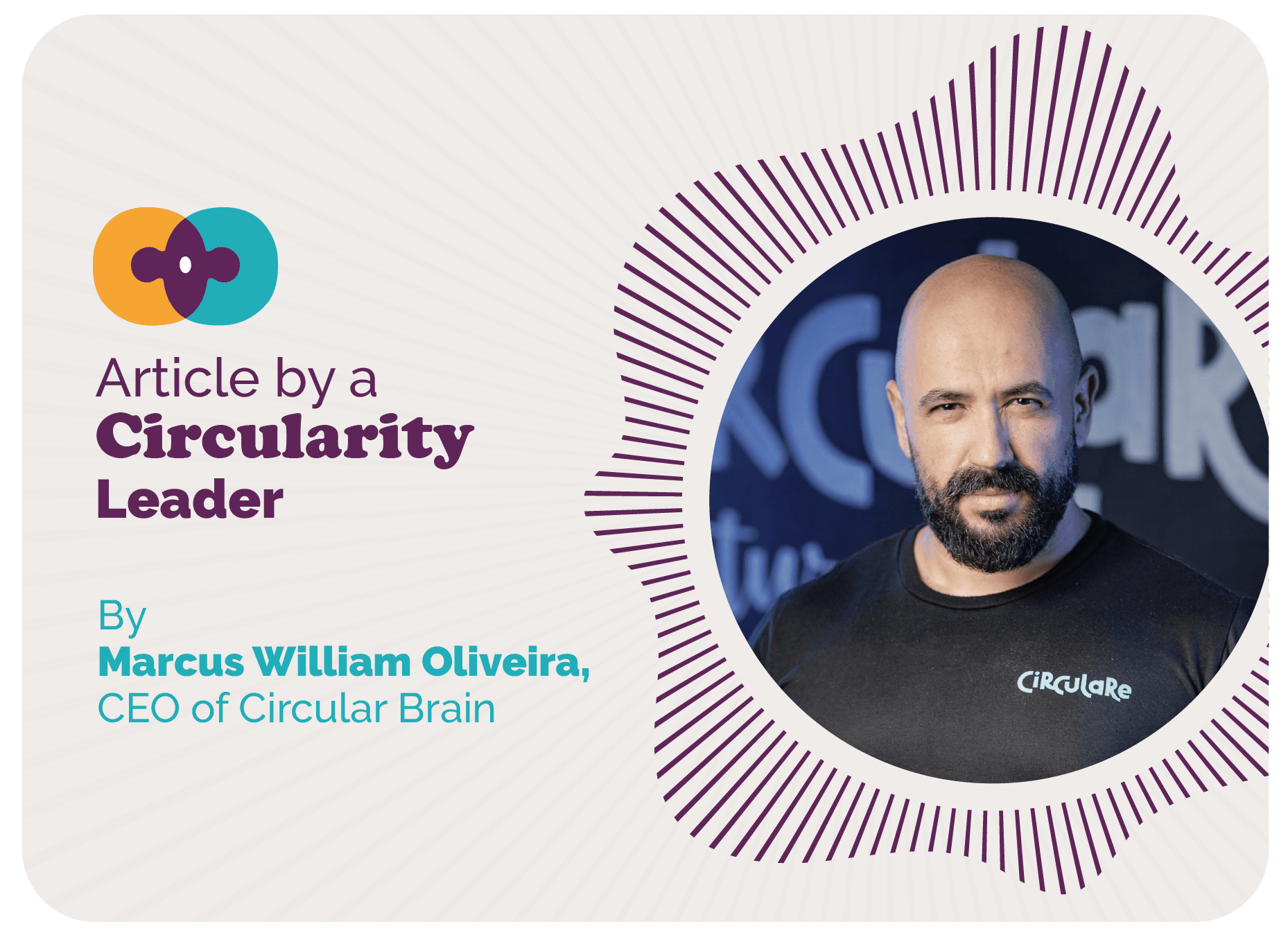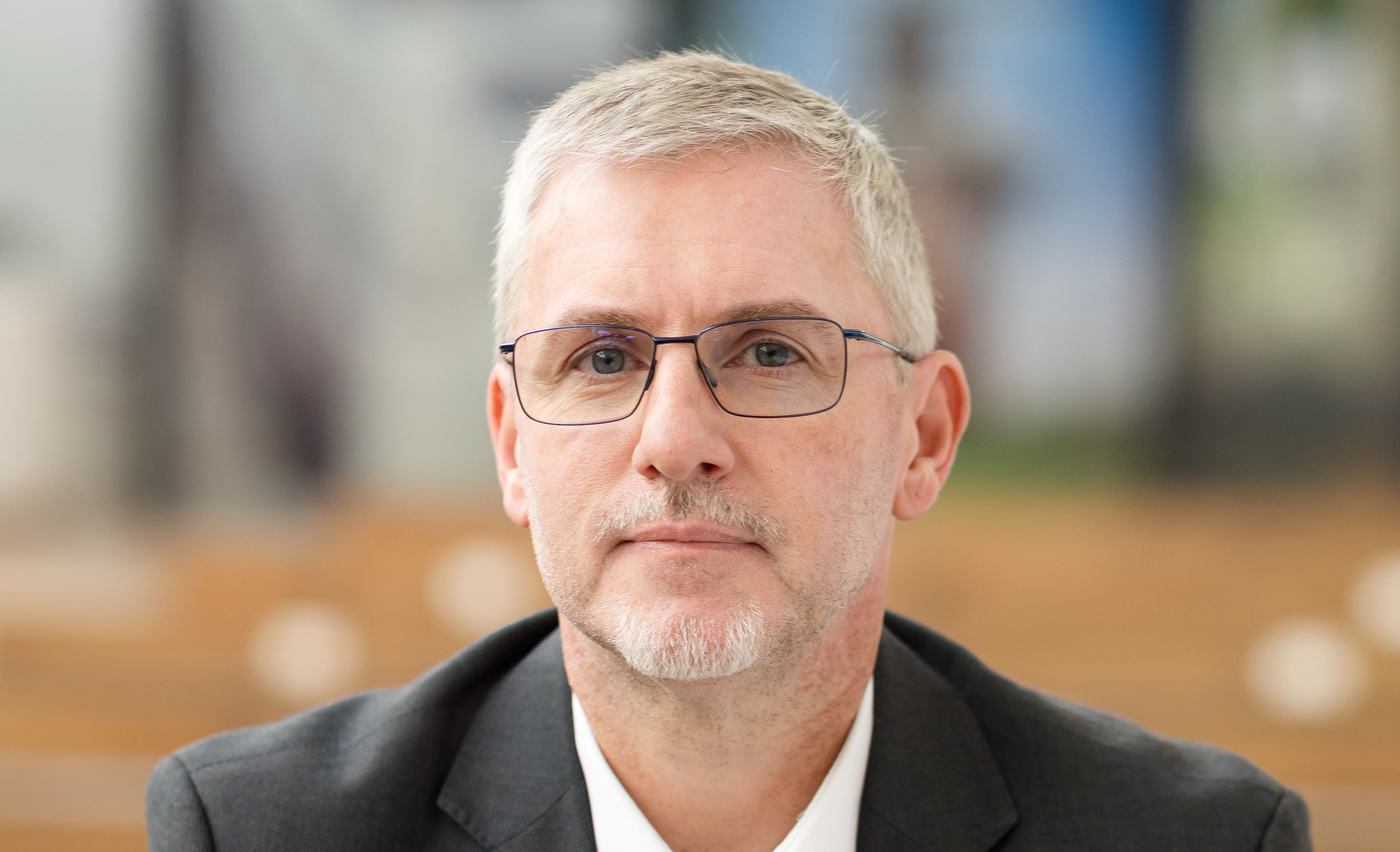Latest news

Circularity in practice: how Japan develops leaders for the circular transition
How Japan integrates culture, business, and public policy into the circular economy through AOTS programs and the Japan Immersion – Circular Experience 2026.

From design to disposal: how the circular economy redefines value in Electrolux Group’s business
How the circular economy became a strategic pillar at Electrolux Group, integrating design, use, recycling and decarbonization across the value chain.

There is no Circular Economy without a Data Economy
This month, the Circularity Leader explores how data, traceability, and technology underpin the scaling of the Circular Economy with transparency and real impact.
The Movement
The Circular Movement is a multisectoral initiative that brings together people and organizations committed to disseminating the concepts of the Circular Economy.
Courses and content
At home, at school, on the street, at work… The Circular Economy can be everywhere and needs all of us. Come learn about it with our free materials!
Join
More than an alternative, the Circular Economy is a sustainable and good path for companies, people and the planet. Come be part of building a world without waste!
Want to know more about circular economy?
Online course, totally free and with certificate!
The Circular Movement and the Sustainable Development Goals (SDGs)
The Circular Economy contributes to achieving the targets associated with the Sustainable Development Goals.
The Circular Economy stimulates changes throughout the extraction, production, consumption, and disposal chain, aiming to enhance the natural resources already in circulation, support the regeneration of ecosystems, reduce waste generation, and create socioeconomic development opportunities.
In this way, the Circular Economy, directly or indirectly, contributes to achieving the targets of the 17 United Nations Sustainable Development Goals.




